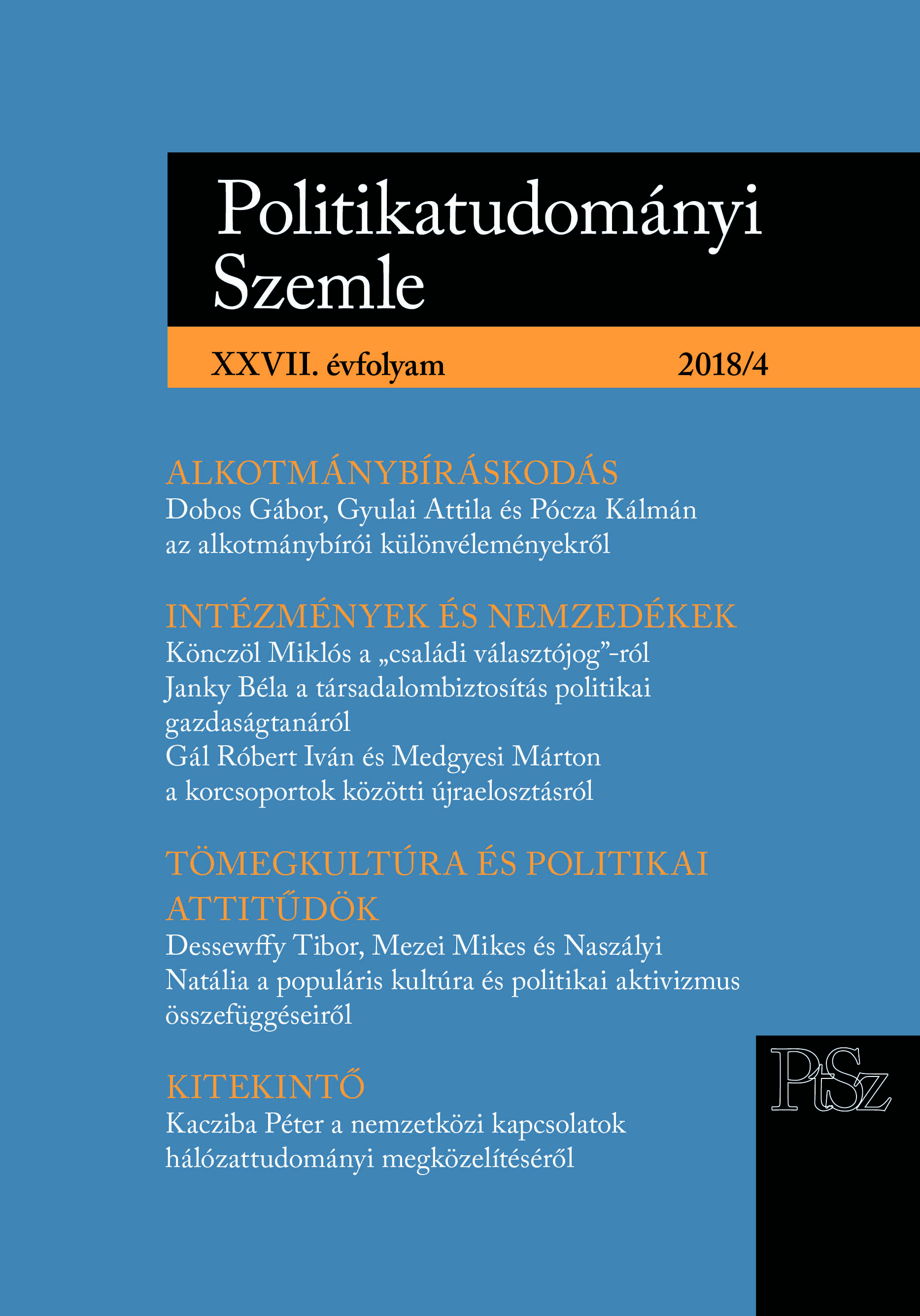Jóléti állam: korcsoportok közötti újraelosztás?
The welfare state: redistribution among age groups?
Author(s): Róbert Iván Gál, Márton MedgyesiSubject(s): Welfare systems
Published by: MTA Politikai Tudományi Intézete
Keywords: targeting of welfare benefits; intergenerational transfers; poverty; welfare state; gerontocracy
Summary/Abstract: In our study, we attempt to provide new empirical evidence about the claim that the welfare state is primarily an institution of life-cycle financing, while its poverty-reducing and income-equalizing role is weaker. In order to support this statement, we use regression analysis to separate the relative importance of economic status and age in the distribution of welfare expenditures and revenues. Our results confirm our expectations: age is considerably more important than economic status in explaining access to welfare expenditures. This result is obtained both based on comparison of the coefficients of the regression equations and the variances explained by age and economic status. This observation has a number of consequences for the examination of the welfare system, of which we are discussing one politically relevant element: if the welfare system actually finances a life-cycle through the transfer of resources between age groups, then the statements about eldelrly-bias in public expenditures and “gerontocracy” have to be reconsidered.
Journal: Politikatudományi Szemle
- Issue Year: XXVII/2018
- Issue No: 4
- Page Range: 77-101
- Page Count: 25
- Language: Hungarian

